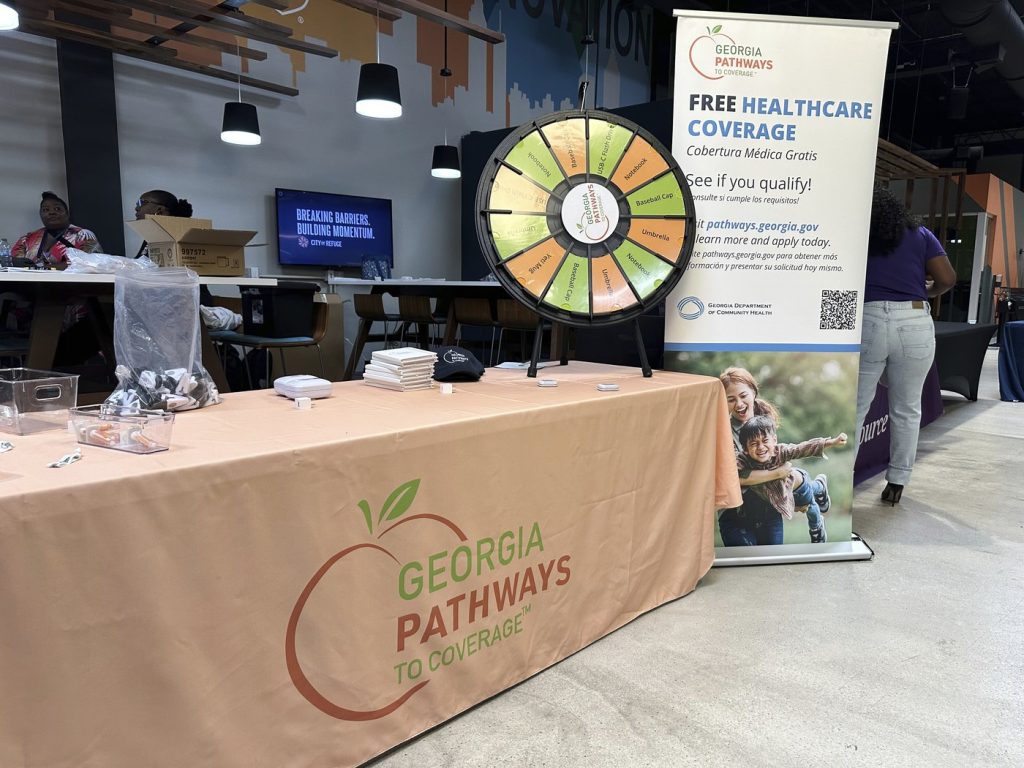Crystal Strickland has faced significant challenges in qualifying for Medicaid, which she urgently needs due to a heart condition that has rendered her unable to work. Strickland expressed her frustration upon learning that the U.S. House had passed a bill imposing work requirements for many able-bodied individuals seeking health insurance coverage through Medicaid, a program designed for lower-income individuals. She questioned the logic behind requiring work when many, like herself, cannot afford medical care and are unfit for employment.
The measure is part of President Donald Trump’s "Big Beautiful" bill, which the House passed last month and is currently under consideration in the Senate, with Trump aiming for passage by July 4. This legislation not only proposes tax cuts and reductions in government spending but also aims to reform portions of the nation’s social safety net.
Supporters of the work requirements argue that they would reduce fraud and emphasize that taxpayer-funded health coverage should not extend to those who are capable of working but choose not to. The bill includes exemptions for specific groups, including individuals under 19 or over 64, those with disabilities, pregnant women, primary caregivers for young children, and individuals recently released from incarceration. Importantly, the work requirement would target only adults who benefited from Medicaid expansions that 40 states adopted following the 2010 health care overhaul.
However, the bill leaves many details unspecified, causing anxiety among Medicaid recipients who fear that their medical conditions may not guarantee their exemption from work mandates. Advocates for the sick and disabled worry that increased administrative hurdles could lead to loss of benefits, irrespective of actual eligibility.
Strickland, a 44-year-old formerly employed as a server, cook, and construction worker from Fairmont, North Carolina, recounted her struggles to access Medicaid for years due to her inability to work. She finally received notification of her Medicaid eligibility this month and expressed her concerns about the increased difficulties that the new requirements might entail. She noted that the process to secure Medicaid is already challenging, and any further complications could hinder access to necessary healthcare.
Steve Furman, another concerned individual, fears that his 43-year-old son, who has autism, may lose his coverage due to the proposed requirements. The new bill mandates that Medicaid recipients demonstrate they are working, volunteering, or attending school for at least 80 hours monthly to maintain their coverage. While it appears that a disability exemption may apply to Furman’s son, he also relayed frustrations with navigating government systems, recounting how it took a year for his son to enroll into Arizona's Medicaid after their move to Scottsdale.
The current enrollment figures show that approximately 71 million adults are on Medicaid, with around 92% of them actively working, caregiving, attending school, or living with disabilities. Projections from the Congressional Budget Office estimate that nearly 5 million people could lose their coverage as a result of these legislative changes.
According to a KFF poll conducted in May, Medicaid enrollees come from diverse political backgrounds—approximately one-fourth are Republicans and about one-third are Democrats. The poll also revealed that 70% of adults fear that reductions in federal Medicaid spending could lead to increased uninsured rates and added strain on healthcare providers. Half of those polled expressed concern that such reductions might jeopardize their ability to access and afford healthcare for themselves and their families.
Analyst Amaya Diana highlighted that previous work requirements in states like Arkansas and Georgia have led to coverage losses without increasing employment. Amber Bellazaire, a policy analyst, noted that verification processes for work requirements could further increase the risk of unjustified eligibility denials, leading to significant coverage losses due to administrative burdens rather than actual ineligibility.
Feedback from individuals like Virginia Bell, a retiree in Starkville, Mississippi, indicates a shared concern regarding the determination of those truly in need of assistance under the proposed work requirements. Lexy Mealing, a 54-year-old breast cancer survivor from Westbury, New York, articulated her fears about potentially losing vital medical benefits despite being partially employed while managing her recovery. She expressed anxiety about the consequences of undergoing treatment without the support of her insurance.
Others like Felix White, who has Type I diabetes and relies heavily on Medicaid for critical medical supplies and past surgeries, voiced the dire implications of potentially losing coverage. At 61, White has found it challenging to secure employment but emphasized the life-saving nature of his current access to Medicaid.











